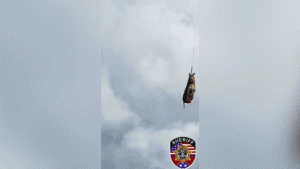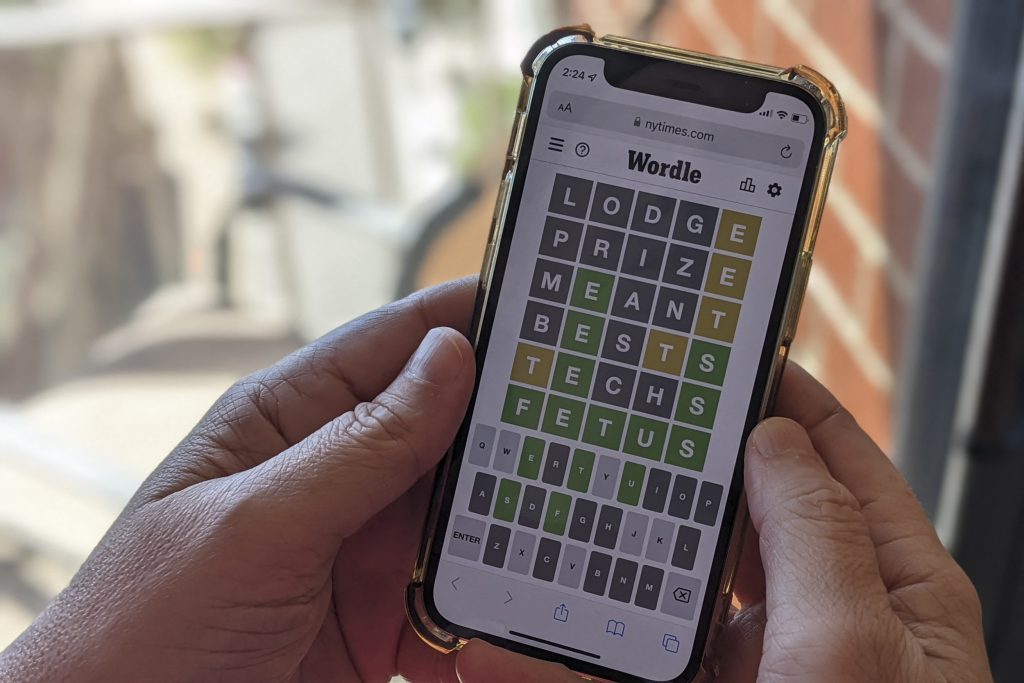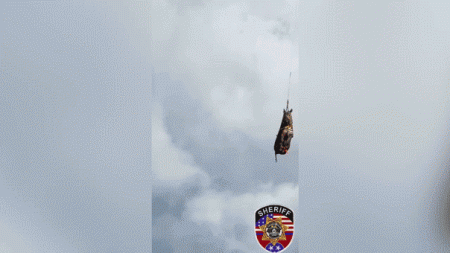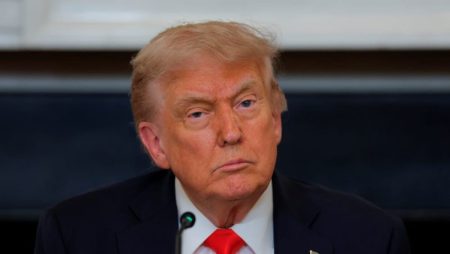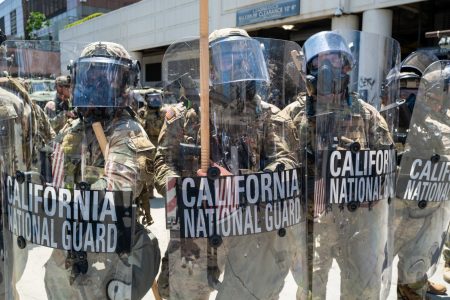Wordle, the immensely popular word puzzle game, continues to captivate players worldwide with its daily challenges. Developed by Josh Wardle, a software engineer based in New York, Wordle emerged during the COVID-19 lockdowns as a simple yet engaging pastime. Its public release in October 2021 sparked a meteoric rise in popularity, with player numbers skyrocketing from a mere 90 in November 2021 to an astounding 300,000 by January 2022. The New York Times subsequently acquired Wordle for a substantial seven-figure sum, further solidifying its position as a cultural phenomenon.
The game’s straightforward mechanics are a key factor in its widespread appeal. Players are tasked with deciphering a five-letter word within six attempts. After each guess, colored tiles provide feedback: gray indicates a letter absent from the target word, yellow signifies a correctly guessed letter in the wrong position, and green confirms both the letter and its placement. This minimalist yet effective feedback system allows players to strategically refine their guesses, leading to a satisfying sense of accomplishment upon solving the puzzle.
While luck plays a part, strategic approaches can significantly enhance one’s Wordle proficiency. Linguistics experts recommend prioritizing common letters, particularly vowels like “e” and “a,” and frequently used consonants like “r” and “t,” in initial guesses. Conversely, less frequent letters such as “q,” “z,” “j,” and “x” are generally discouraged as starting points. As the game progresses and more feedback is revealed, players can leverage their knowledge of phonics to narrow down possibilities and eliminate unlikely candidates. This combination of logical deduction and linguistic awareness forms the core of successful Wordle strategies.
Thursday’s Wordle puzzle (#1293) is classified as moderately challenging, with an average solution time of 4.4 guesses out of the allotted six. To aid players in their quest, several clues are provided. The target word contains two vowels, begins with the letter “C,” has no repeated letters, and functions as both a verb and a noun. Synonyms for the word include “elect” and “adopt.” These hints offer valuable insights into the word’s structure and meaning, guiding players towards the correct solution.
For those seeking the answer, the solution to Thursday’s Wordle puzzle (#1293) is “chose,” the past tense of the verb “choose.” According to Merriam-Webster, the transitive verb “chose” means “to select freely and after consideration,” while the intransitive verb means “to make a selection.” Interestingly, “chose” can also function as a noun, referring to “a piece of personal property.” This multi-faceted nature of the word adds a layer of complexity to the puzzle.
Wordle’s daily reset at midnight ensures a fresh challenge for players each day. While awaiting the next puzzle, enthusiasts can explore other word-based games like Typochondria and Spellspire to further hone their linguistic skills and indulge their passion for wordplay. These alternative games offer a diverse range of challenges, catering to different preferences and skill levels. The continuous stream of new Wordle puzzles and the availability of similar word games promise an ongoing source of entertainment and mental stimulation for word puzzle aficionados.
